Surrey vet warns of accidental exposure of dogs to HRT
- Published

Sue Burgess noticed her dog Rosie started symptoms when she switched from HRT tablets to a gel
A veterinary clinic has warned of an "alarming spike" in the number of pets coming into contact with hormonal replacement therapy (HRT) medication.
North Downs Specialist Referrals (NDSR) in Bletchingley, Surrey, has diagnosed five dogs with exposure to HRT this year.
Sue Burgess, from Hove, said she was "mystified" when her dog started to show symptoms.
She replaced her oestrogen tablets with a gel in August.
Shortly after, her Jack Russell terrier Rosie appeared to come into season despite being spayed.
Ms Burgess said Rosie started "swelling at her rear end", male dogs "wouldn't leave her alone" and she started losing hair, particularly around the teats.
How are dogs exposed to HRT?
"Secondary HRT exposure to animals typically occurs through exposure to gels and creams applied to their owners' forearms, a recommended site of application", said Gerry Polton, hospital director at NDSR.
Last year, there was a 35% increase in NHS prescriptions for HRT and The Animal Poison Line, which receives reports nationally, said it had seen an increase in dogs being exposed to the medication.
Head vet Nicola Robinson said the medication had low toxicity and most cases could be treated by simply stopping exposure to the hormones.
If exposed to HRT over a long period, the owner may notice their dog had enlarged breasts and genitals, but these symptoms were rare, she said.
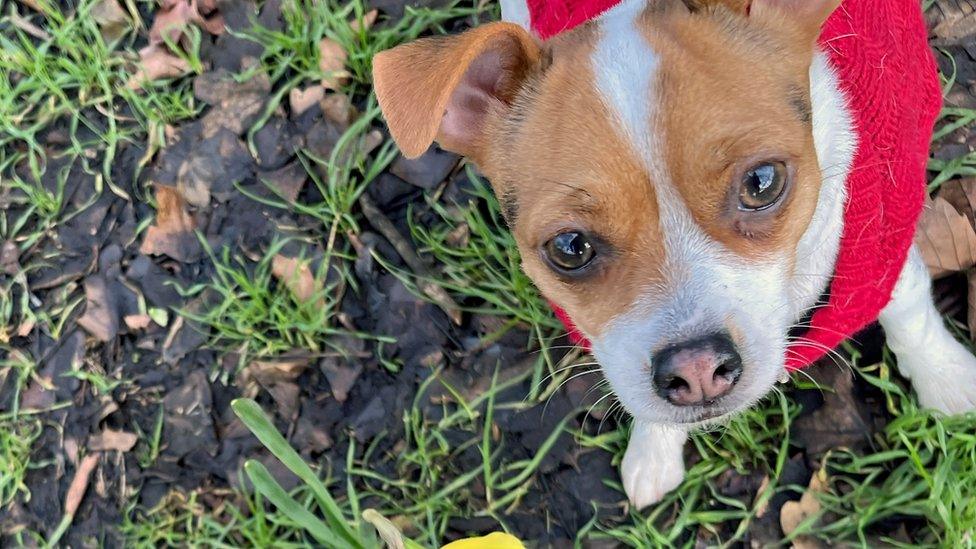
Rosie's hair is slowly growing back after stopping the medication
Ginny Ponsford, a GP with a special interest in hormone therapy at The Women's Hormone Clinic in Hove said she had been warning patients to wait for the medication to dry before coming into contact with children or pets.
"It's a relatively new phenomenon because of the increased use of hormones through the skin," she said.
"We're really singing the praises of these hormones but there are pitfalls we need to be aware of."
Ms Burgess switched back to tablets instead of gel and said Rosie is now "much better" and "not attracting the boys anymore".

Follow BBC South East on Facebook, external, on X, external, and on Instagram, external. Send your story ideas to southeasttoday@bbc.co.uk, external.
Related topics
- Published7 November 2024
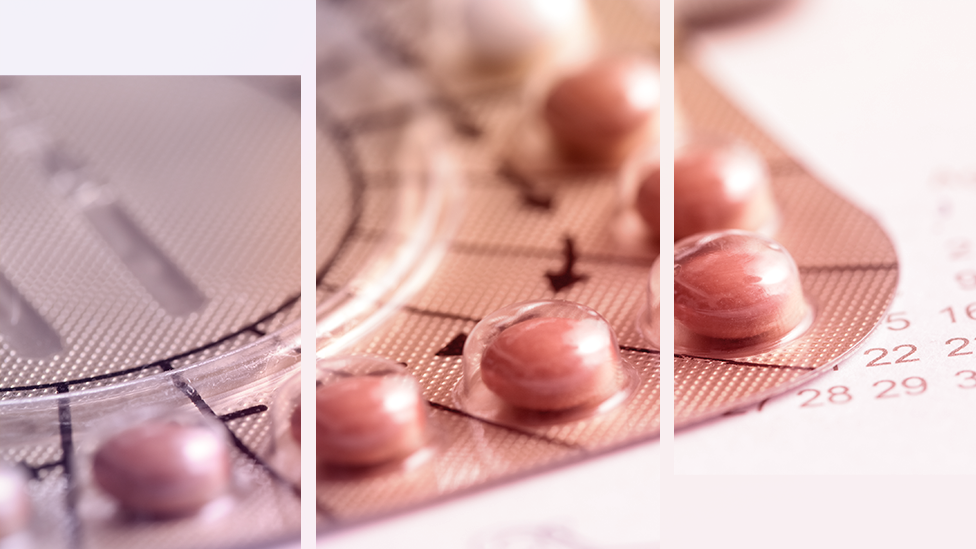
- Published7 November 2024
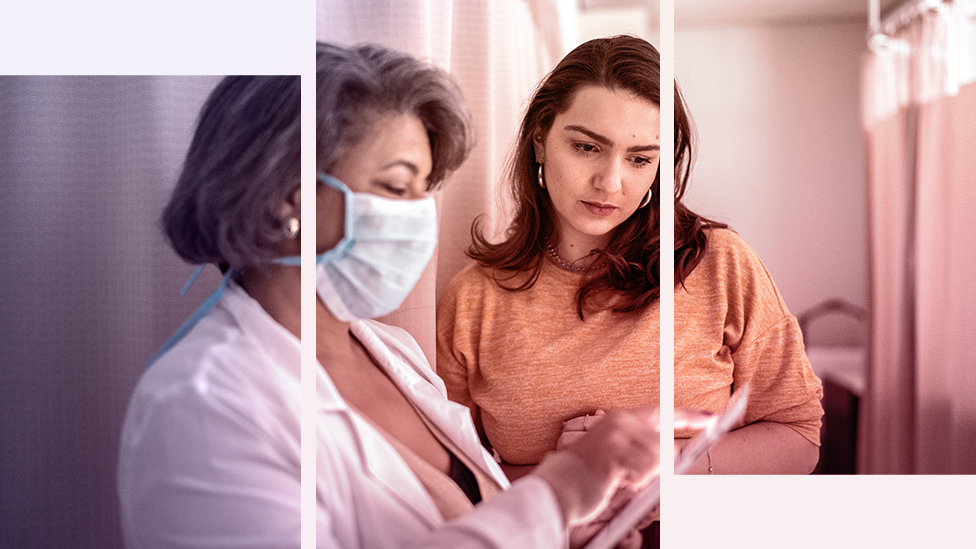
- Published20 May 2023
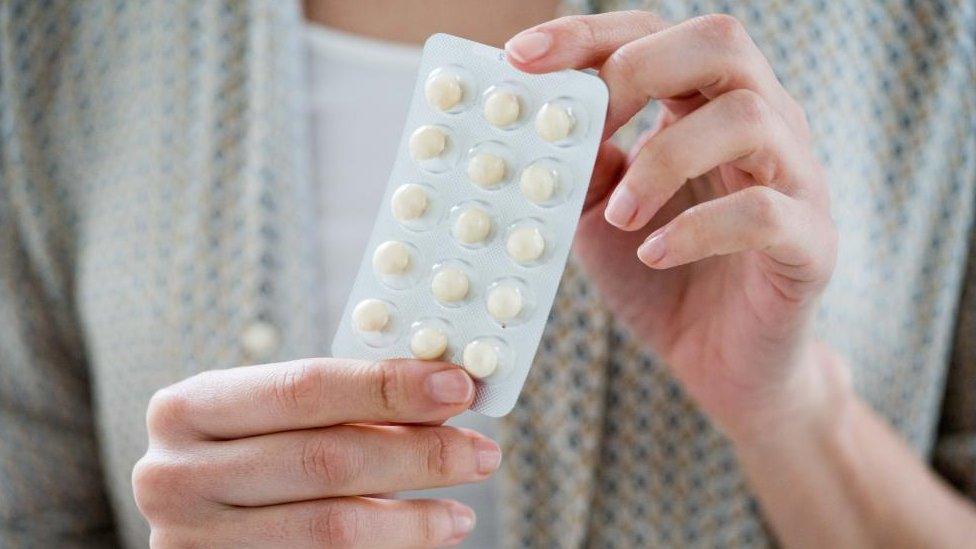
- Published28 December 2022
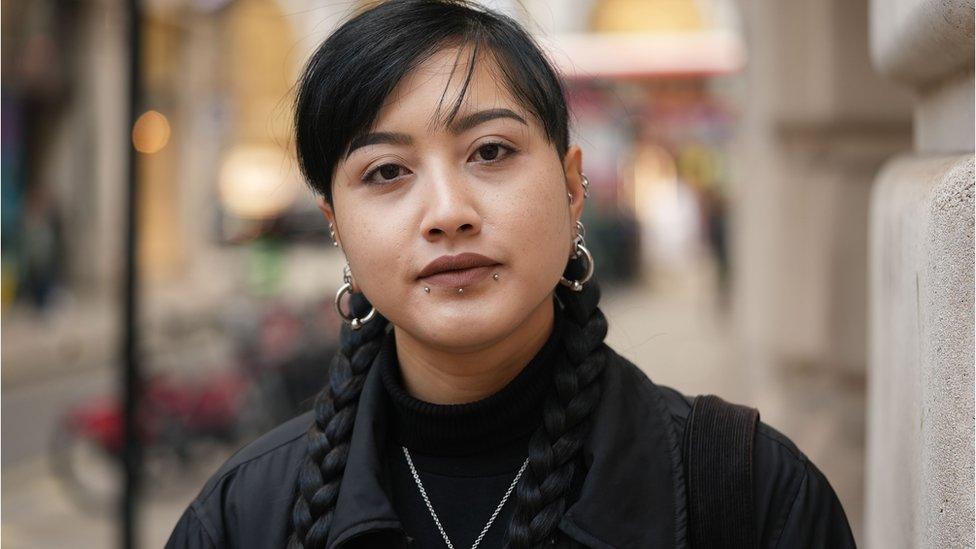
- Published14 January 2023
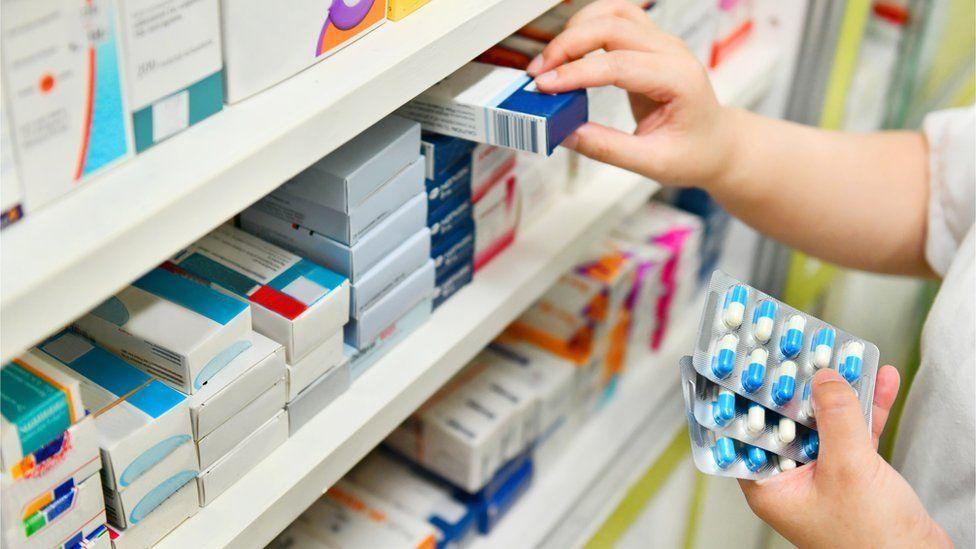
- Published2 February 2022
